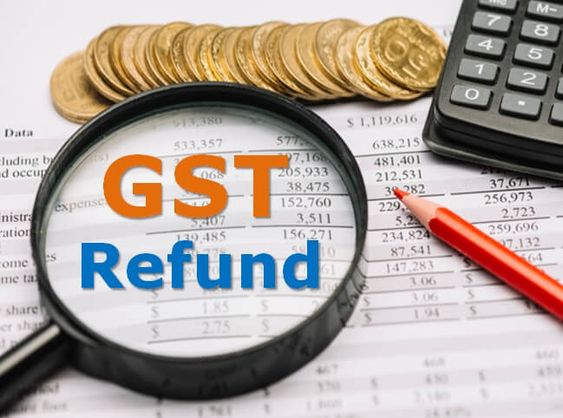Complex tax rules can be found in many countries around the world, and Asia is no exception. Each country in Asia has its own unique tax regulations, and what might be considered complex for one person could be straightforward for another, depending on their familiarity with the system. However, a country often cited for its intricate tax rules is India.

India has a reputation for having a complex tax system due to its diverse population, varied economic activities, and historical factors. The primary types of taxes in India include income tax, goods and services tax (GST), corporate tax, customs duties, excise duties, and various state-level taxes. Navigating through this labyrinth of taxes can be daunting for both individuals and businesses.
Income Tax: India’s income tax system is progressive, with different tax slabs based on income levels. Calculating taxable income involves various components like salary, house property, business or profession, capital gains, and other sources.
Goods and Services Tax (GST): Introduced in 2017, GST replaced a multitude of indirect taxes. However, the implementation of GST has been challenging due to its multi-tiered structure, with different tax rates for different goods and services. Businesses need to classify their products and services correctly to apply the appropriate GST rate.

Corporate Tax: India has corporate tax rates that vary based on the type of company and its turnover. Understanding the exemptions, deductions, and incentives available requires a good deal of expertise.
Compliance and Filings: Regular compliance requirements, including filing tax returns, paying taxes, and adhering to deadlines, are stringent. Non-compliance can lead to penalties and legal issues.
Tax Deducted at Source (TDS): TDS is a mechanism where the payer deducts tax at the source and remits it to the government. Understanding when TDS applies and at what rate is crucial for both individuals and businesses.
Tax Avoidance and Evasion: India’s tax system also faces challenges related to tax avoidance and evasion. Complex tax rules sometimes create loopholes that individuals and businesses exploit, leading to constant amendments and additions to the tax code in an attempt to plug these gaps.

The Goods and Services Tax (GST), in particular, was a significant step towards simplifying India’s tax structure. However, the multiplicity of rates and frequent changes in rules have made GST compliance a challenge for many businesses, especially small and medium enterprises (SMEs).
Efforts are continually being made to simplify the tax system. The government has introduced online filing systems and digital platforms to make tax compliance easier. The introduction of technology has streamlined some processes, but understanding the ever-changing regulations remains a challenge.


